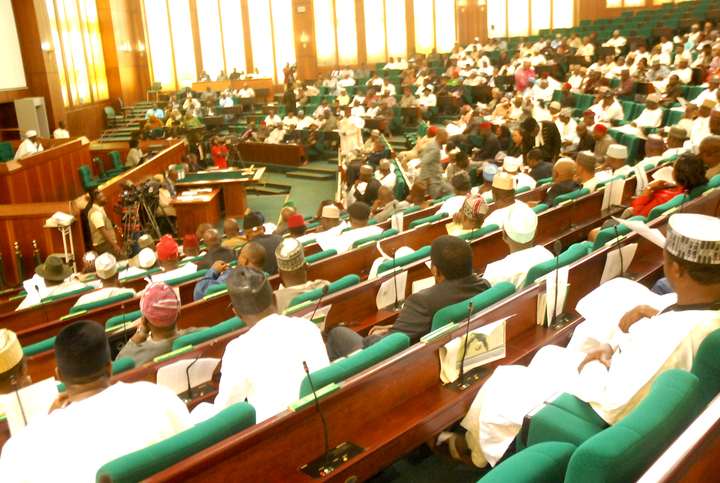Unhappy by the “undue advantage” which digital satellite television service providers Multichoice have capitalized on to bill their Nigeria customers unjustly, The House of Representatives assembled on Tuesday to tackle Dstv’s arbitrary subscription plan which continuously charge its subscribers
“whether they are at home viewing programmes or not.”
The Reps highlighted that the pricing arrangement adopted by Multichoice had made it difficult for their Nigerian based customers to enjoy the flexibility its premium upgrade offers.
This was attributed to them having full domination of the industry and lack of competition from other firms.
Tuesday witnessed the second reading of a bill which was endorsed by a representative from Adamawa State, Mrs. Aisha Dahiru-Modibbo.
The bill primarily aims to introduce more activeness and competition in the industry.
It read: “A Bill for an Act to Amend the National Broadcasting Commission Act to Provide for Competition in Nigeria, to Promote Efficiency and Expand Opportunities for Participation of Nigerians in World Markets, while at the same time recognizing the Role of Foreign Competition in Nigeria and for other Matters Related thereto.”
Leading the motion on the debate for the bill, Mrs. Aisha Dahiru-Modibbo said:
“It is high time our regulatory body, the NBC was positioned to protect Nigerians from this arbitrary actions.
“What is happening to us in Nigeria does not happen elsewhere on the continent.
“In every country, measures are taken to protect the people.”
She was supported by deputy leader, Mr. Leo Ogor, who claimed that Nigerians are not receiving Dstv’s “subscriber-friendly offers” which are enjoyed by other African countries.
Mr. Ogor stated that Dstv should adopt the “pay as you go” or “pay as you view” billing process used by the telecommunications industry.
He said: “You have a situation in the telecommunications industry, for example, where you are billed as you go or use your mobile phones.
“You pay for what you use. We should be having pay as you view or watch as well.
“Why should Nigerians continue to pay for Dstv services whether they are at home using the service or not?”

